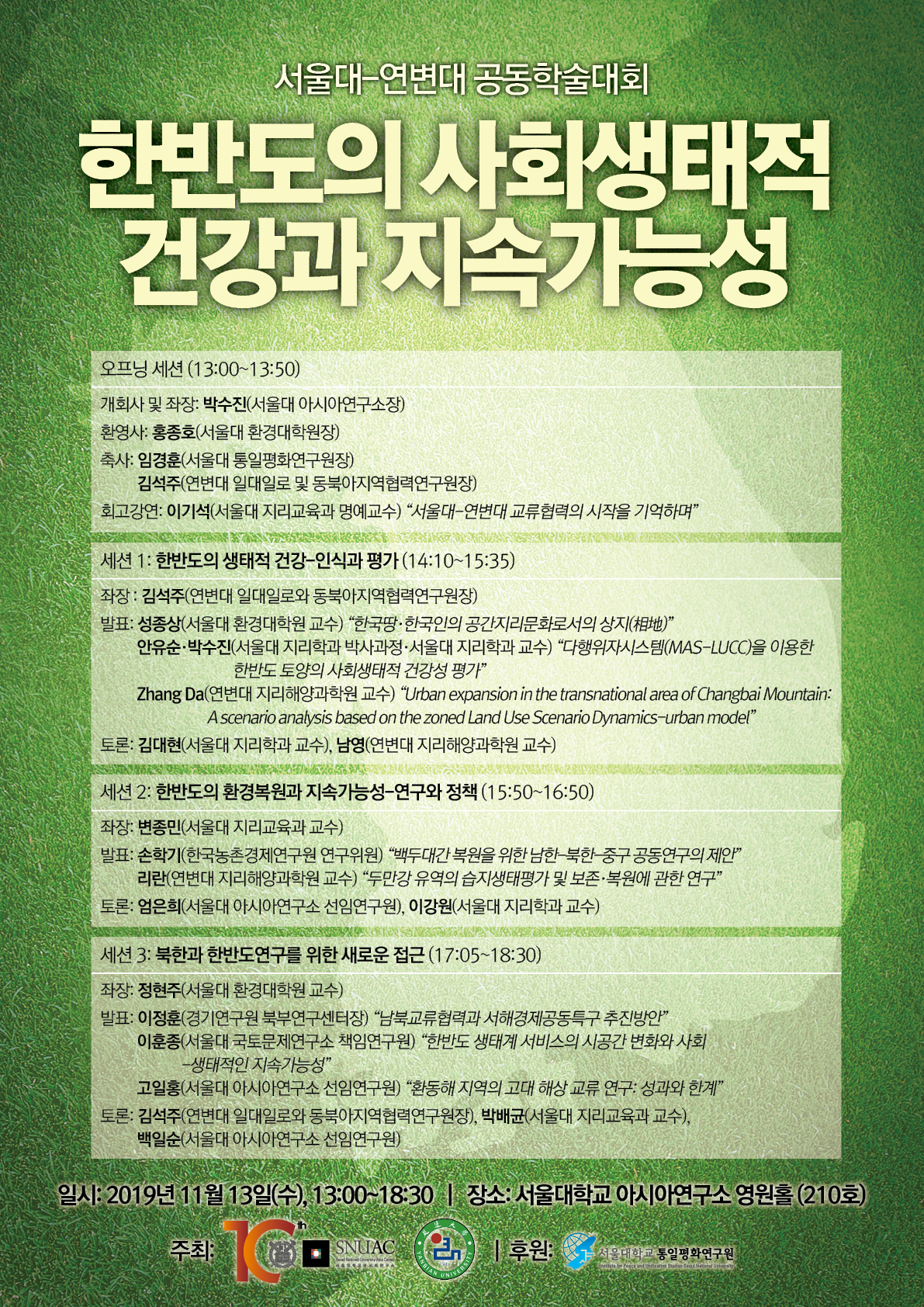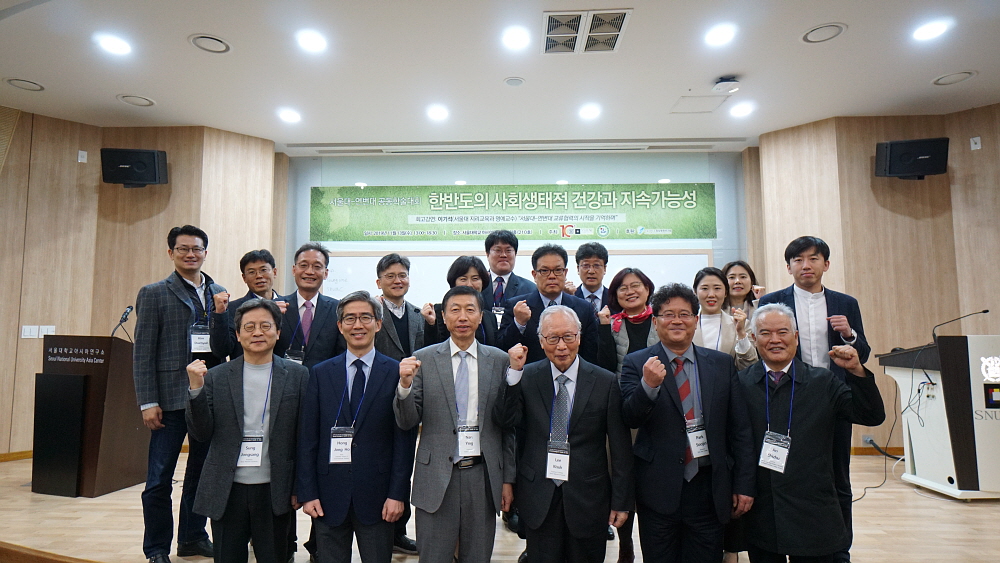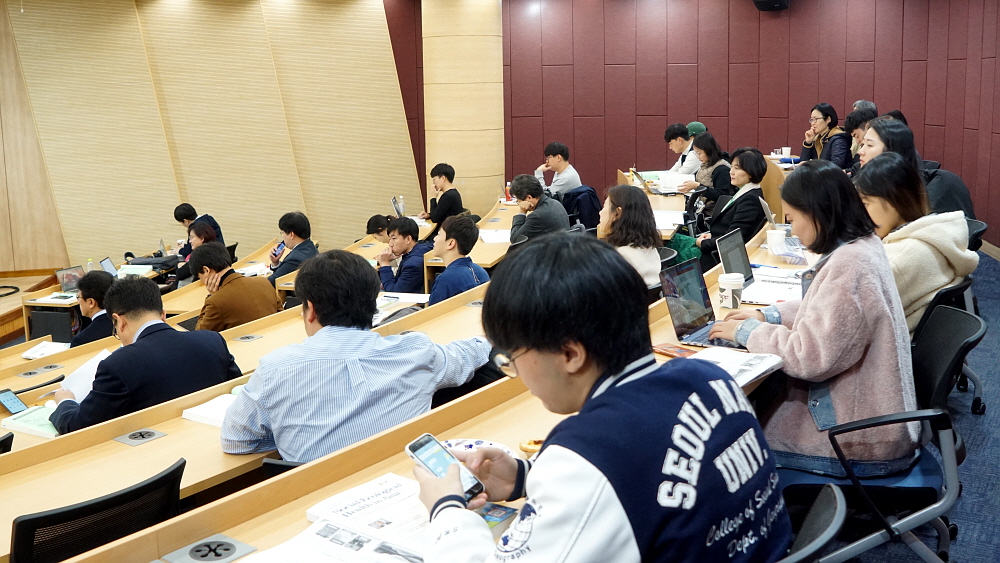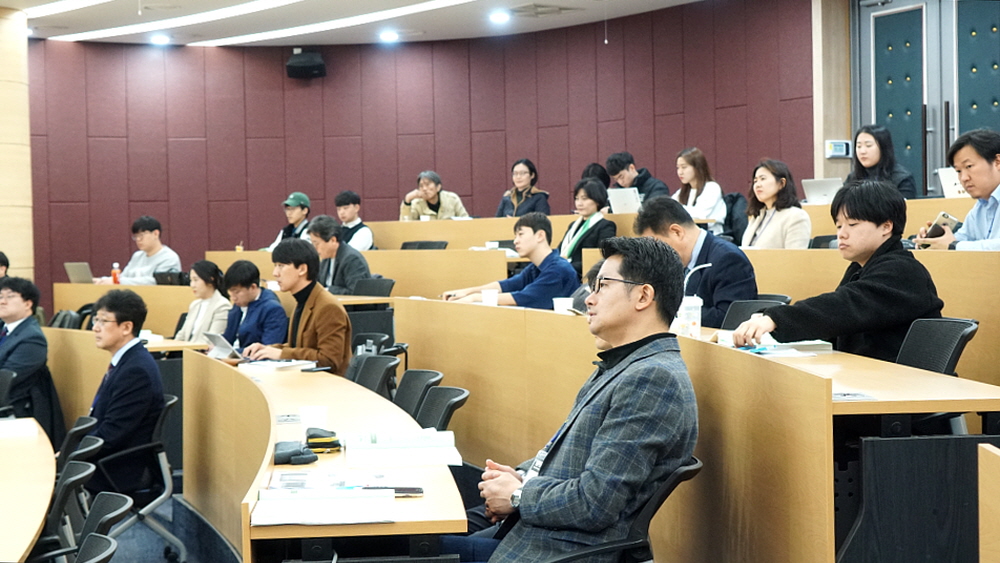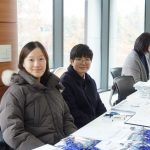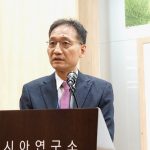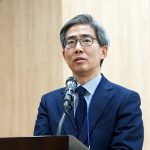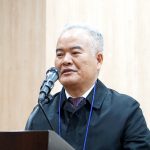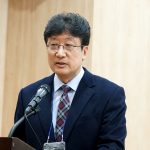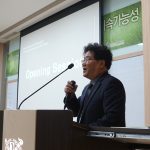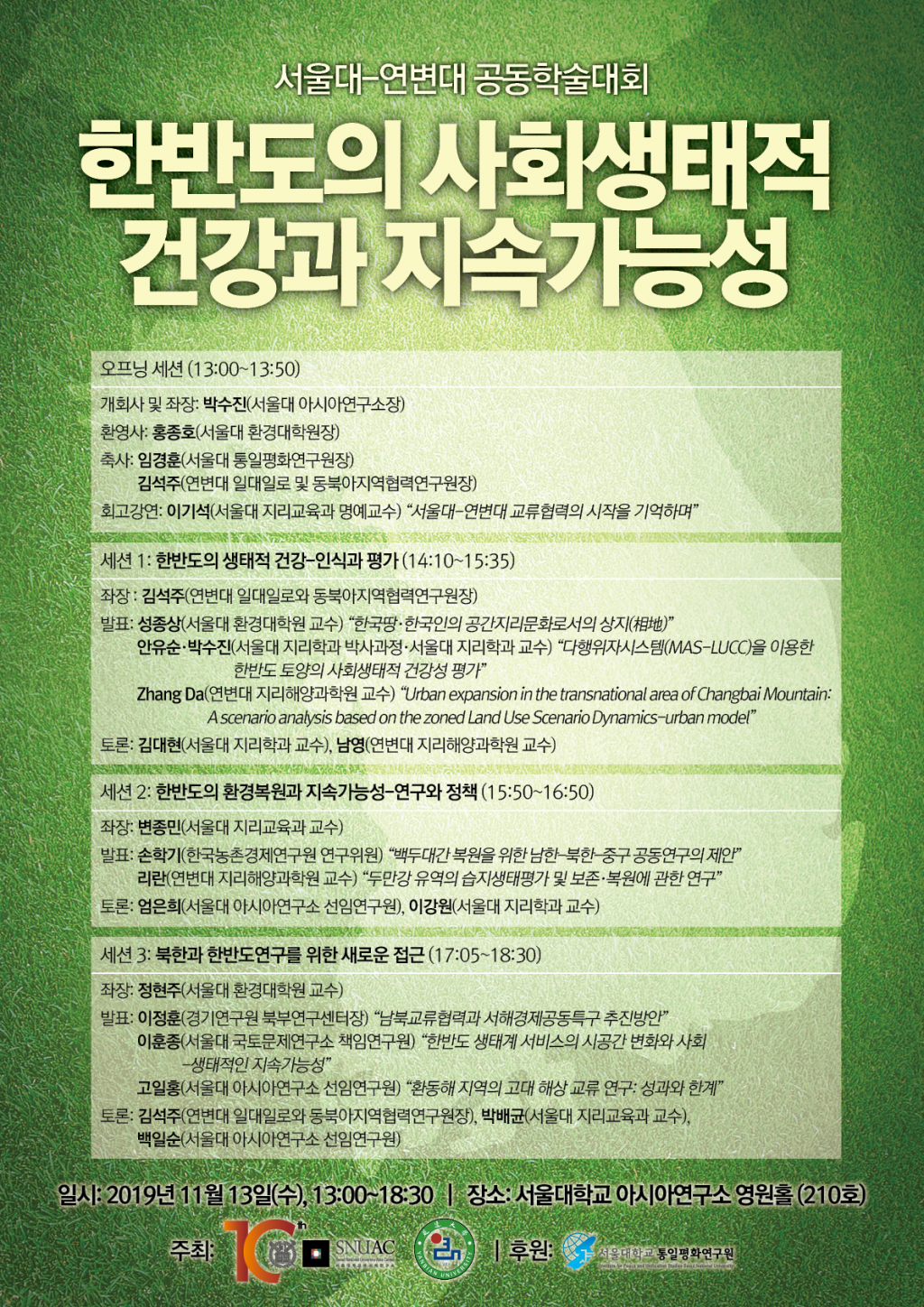
Korean Peninsula’s Social-Ecological Health and Sustainability
- Date: November 13th, Wednesday, 2019 13:00-18:30
- Location: Youngone Hall (Room 210), SNUAC (Bldg. 101)
The political situation on the Korean peninsula is changing dramatically. The peninsula is now stripping off the remains of the cold war and advancing to a new future, allowing not only itself but also the surrounding interested countries to dream of peace and co-prosperity based on this change. The time has come to seek comprehensive managing measures for the sustainability of the Korean peninsula after unification and even of Northeast Asia as a whole.
The sustainability of the Korean peninsula is a task that should be worked on not only by the Korean nationals of the South and North but also by the citizens in the Northeast Asian region. Future Earth is being utilized as a research and practice platform to explore sustainable measures while responding to the risks of global climate as well as environmental and socioeconomic issues.
Thus the Seoul National University federation of geography and environment is holding a joint symposium with Yanbian University’s School of Geographic and Oceanographic Sciences under the topic of “Korean Peninsula’s Social-Ecological Health and Sustainability”. With this symposium as the starting point, we seek to establish the ‘Future Earth’ research program on the Korean peninsula and to derive the direction and future co-tasks in thematic and policy research for enhancing the sustainability of the Korean peninsula.
SNUAC held a joint conference of SNU and Yanbian University on “Korean Peninsula’s Social-Ecological Health and Sustainability” on November 13th, 2019. This event was an annual event of exchange among SNU’s federation of geography and environment that includes SNU Asia Center, Dept. of Geography, Dept. of Geographic Education, and Graduate School of Environmental Studies, and Yanbian University’s School of Geographic and Oceanographic Sciences, and a special event linked to <2019 Future Earth East Asia International Symposium>. As this exchange event started in 2016 between departments of geography at SNU and Yanbian University and continued to be held over the years, participating units and people have increased.
The event took off with the opening speech of SooJin Park, director of SNUAC, and continued with a welcome speech by Jong Ho Hong, dean of SNU Graduate School of Environmental Studies, congratulatory speeches by Kyung Hoon Leem, director of SNU Institute of Peace and Unification Studies and Shi Zhu Jin, director of One Belt One Road and Northeast Asia Research Institute, Yanbian University, and a retrospective lecture on “Remembering the beginning of cooperative exchange between SNU-Yanbian University” by Ki-Suk Lee, professor emeritus of SNU Dept. of Geographic Education.
Prof. Lee is a pioneer who grounded the exchange event for SNU and Yanbian University. He had visited Shenzhen from the early 1980s when China announced its Open Door Policy and introduced Korea’s experience of economic special zones in Masan and Gumi. In the geography conferences held in Beijing and Yanbian in the 1990s, he met with professors from Kim Il-sung University to perform joint field investigations of the Baekdu Mountain. Based on these exchanges, professors of Yanbian University could earn Ph.D. degrees from universities in Korea including Seoul National University.
The main event of the conference consisted of three sessions. In session 1, under the theme of <The Ecological Health of the Korean Peninsula – Recognition and Evaluations>, Prof. Jongsang Sung (SNU GSES) presented on examining land (相地), Yoo Soon Ahn (doctoral student, Dept. of Geography) presented a research on the Korean peninsula’s land using multi-agent system, and Prof. Zang Da (Yanbian University) presented on the urbanization and changes in land usage in the Baekdu Mountain area.
In session 2, presentations followed under the topic of <Environmental Restoration and Sustainability of the Korean Peninsula – Research and Policy>. Hak-Gi Son (Researcher, Korea Rural Economic Institute) suggested joint research of South Korea, North Korea, and China on the mountain ranges, and Prof. Li Lan (Yanbian University) presented research on the wetland restoration of Tumen River area.
Lastly, the topic for session 3 was <A New Approach for Research on North Korea and the Korean Peninsula>. Junghoon Lee (Director, Center for Peace & Border Studies, Gyeonggi Research Institute)’s presentations on the means of pursuing West sea special economic zone, Hun Jong Lee (Researcher, Institute for Korean Regional Studies)’s presentation on the Korean peninsula’s ecological service, and Ilhong Ko (Researcher, SNU Asia Center)’s presentation on ancient marine exchange in the East-Sea rim region. The presenters all emphasized joint research of South and North Korea and China, and development in policies in terms of sustainability and environment to be prepared, although the political situation of the Korean peninsula seems to be in a deadlock once again.
The conference will be held at Yanbian University next year, and plans for joint research and policy development by South Korea, North Korea, and China will be continuously pursued in the future for sustainability of the Korean peninsula and Northeast Asia, the health of humans and the environment, and development-environment nexus. Furthermore, for a stable academic exchange in environment and sustainability, the participants agreed to establish the <Northeast Asia Forum> (tentative title) as a new platform for the three-party cooperation of South Korea-North Korea-China that includes Kim Il-sung University.

